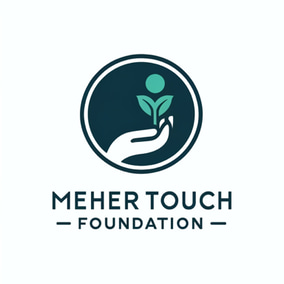Meher Touch Foundation is dedicated to uplifting an underserved marginalized community in a village in northern India through health, education, and technology initiatives.
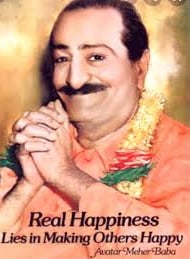





Our Mission and Vision
Meher Touch Foundation is founded by siblings Ayush Kumar and Anika Kumar, inspired by their father’s incredible journey and their deep commitment to giving back to their roots.
Our father, Sunil Kumar, comes from a marginalized and underprivileged community in Mohanpur, a small village in Uttar Pradesh, northern India. Despite facing immense challenges, he is a trailblazer. At the age of 27, he was selected for the prestigious Ford Foundation Fellowship, a full-ride scholarship that enabled him to pursue higher education in the United States. He is the first—and only—person from his remote village to achieve such a milestone.
While his journey opens doors for our family, many of the struggles he endures remain a harsh reality for the people in our ancestral village. These shared hardships and triumphs shape our mission. Grateful for the opportunities we have, we are determined to uplift and empower others in the community he left behind.
The Meher Touch Foundation is named in honor of our spiritual guru, Meher Baba, whose teachings of service, love for humanity, and universal brotherhood inspire everything we do.
Through the foundation, we strive to address critical issues in education, health, and technology, ensuring that no one is left behind. Together, we build bridges of hope and opportunity for a brighter, more equitable future.
Our Field Volunteers
Anika Kumar
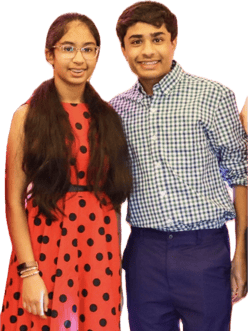

Ayush & Anika
Our vision: We strive to eliminate inequities by empowering people through education and self-help programs and improving quality of life for all.
About the Founders
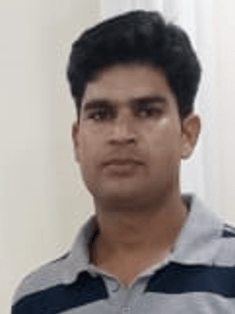

Ayush Kumar
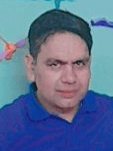

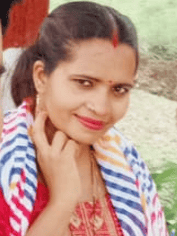

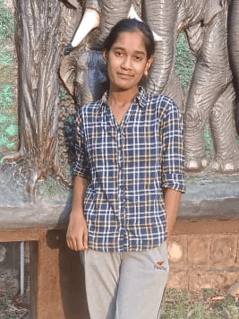

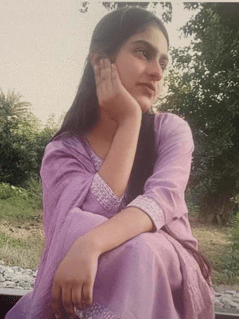


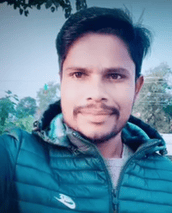
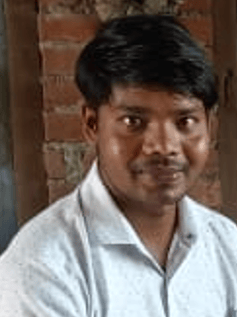



Vikas
Vipin
Akansha
Charu
Ashwani
Ekta
Ankush
Avinash
Meher Baba
Our Spiritual Guru
Our Locations
We serve a rural underserved marginalized community in Mohanpur (Hasanpur) village, District- Bijnor, Uttar Pradesh, India, addressing health, education, and technology inequities through empowering self-help programs for underserved populations.
